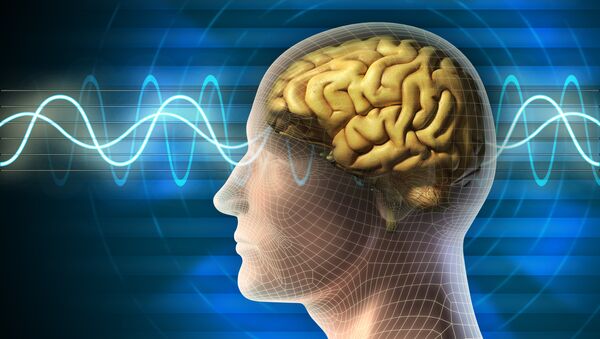MOSCOW, November 7 (RIA Novosti) — A team of scientists from Lund University in Sweden have reported a "major breakthrough" in the development of stem cell-derived brain cells, making stem cell transplantations in people with Parkinson's disease possible in the near future.
"A major breakthrough in the development of stem cell-derived brain cells has put researchers on a firm path towards the first ever stem cell transplantations in people with Parkinson's disease," a statement released on the Swedish Lund University website Thursday says.
The experiments performed on rats have shown that the new stem cell-derived dopamine cells can substitute the dopamine neurons that are lost in Parkinson's disease. The researchers say they could be ready for the first human clinical trials by 2017.
"This study shows that we can now produce fully functioning dopamine neurons from stem cells. These cells have the same ability as the brain's normal dopamine cells to not only reach but also to connect to their target area over longer distances," Malin Parmar, the study's leading researcher was quoted as saying in a statement.
Parkinson's disease is a progressive neurological condition that affects movement. The condition causes the slow death of brain cells that make dopamine, without which the cells in control of movement fail to send signals to muscles.
According to the Michael Stern Parkinson's Research Foundation, the average age for the onset of the disease is 60, however up to 10 percent of cases are diagnosed in patients as young as 40 years old. Some 50,000 people are diagnosed with this disease in the United States. There is currently no cure for the disease, though treatment is available for some of its symptoms.



